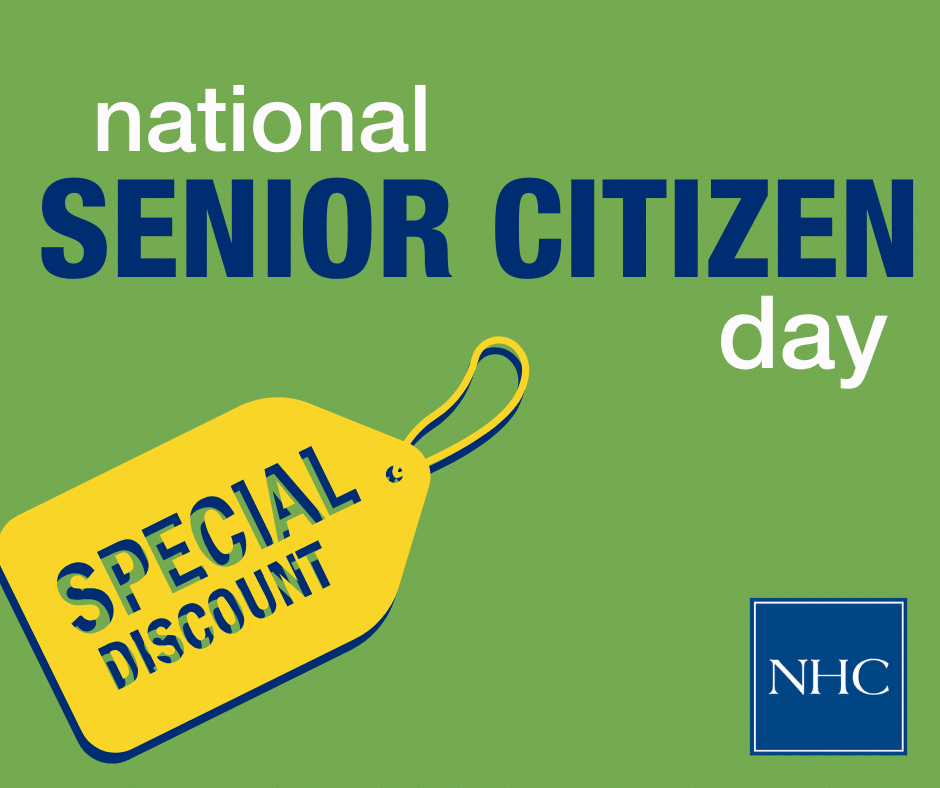Family Resources
Is Assisted Living Right for You?
Is Assisted Living Right for You? As we or our loved ones age, daily tasks can sometimes become overwhelming. Choosing the right care option is an important decision—and assisted living may provide the perfect balance of independence and support. But how do you know if assisted living is the right choice? Let’s explore the signs…
Read More🎉 Celebrating National Senior Citizen Day – August 21 🎉
🎉 Celebrating National Senior Citizen Day – August 21 🎉 On August 21, we come together to honor the incredible seniors in our lives for National Senior Citizen Day. This special day is a heartfelt reminder to celebrate the wisdom, warmth, and lifelong contributions of older adults who continue to inspire us every day. Why…
Read MoreCelebrate Heart Month: Take Action for Your Heart
Celebrate Heart Month: Take Action for Your Heart February is American Heart Month, a time dedicated to raising awareness about heart disease and promoting heart-healthy lifestyles. Heart disease is the leading cause of death in the United States, but it can often be prevented by making healthier choices. This month, let’s take action to protect…
Read More


